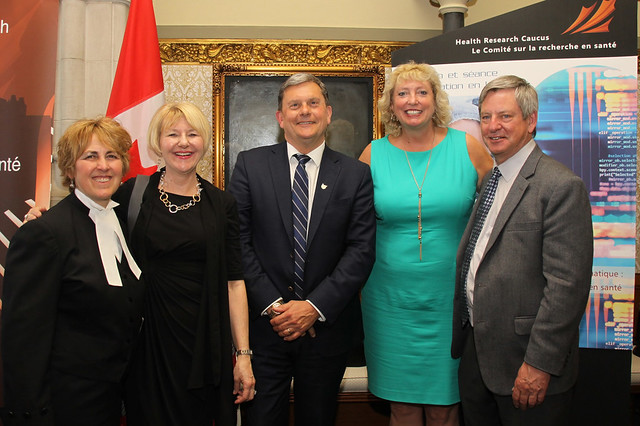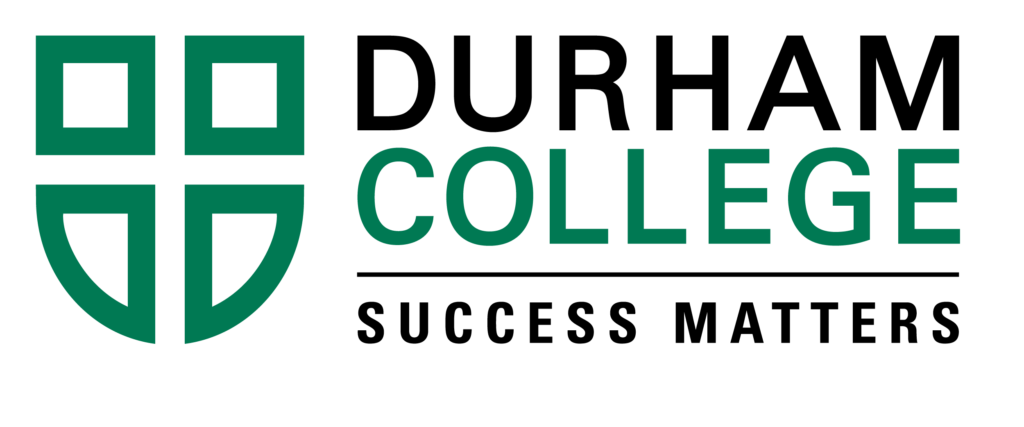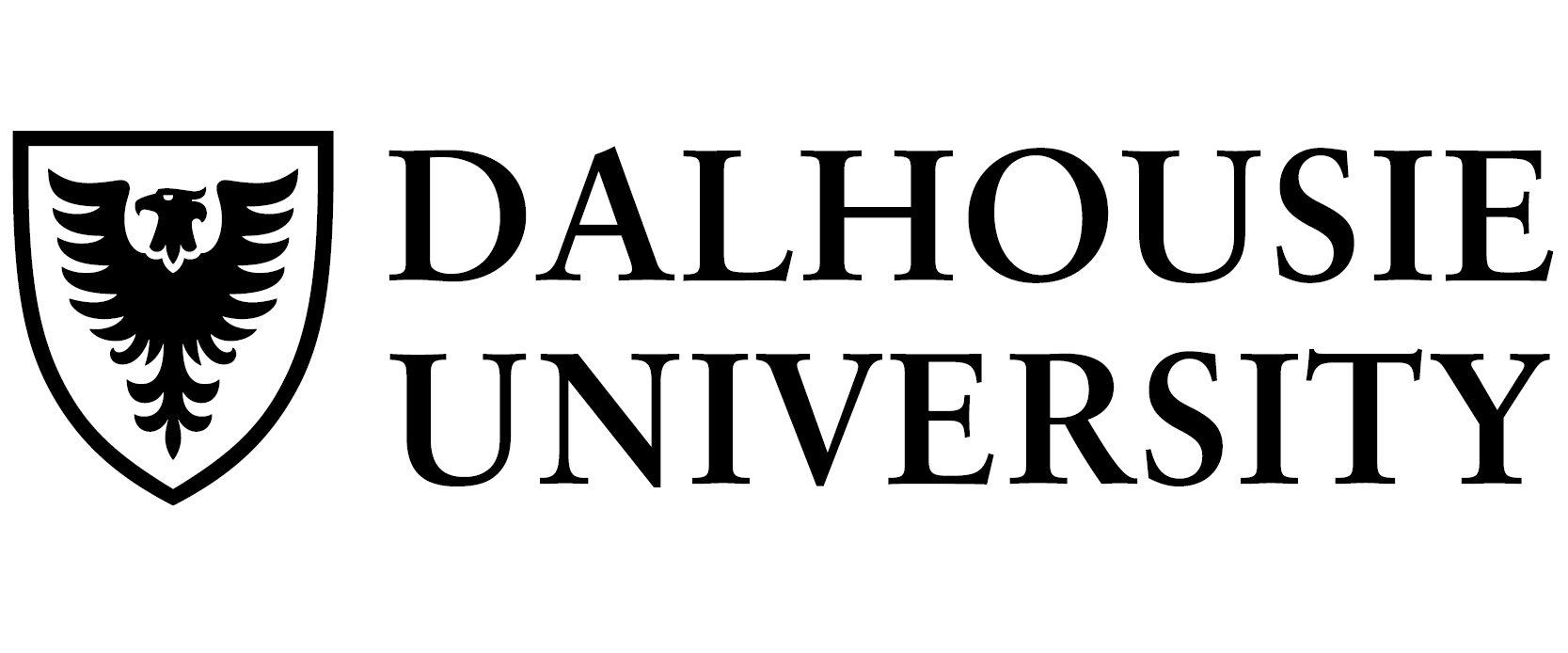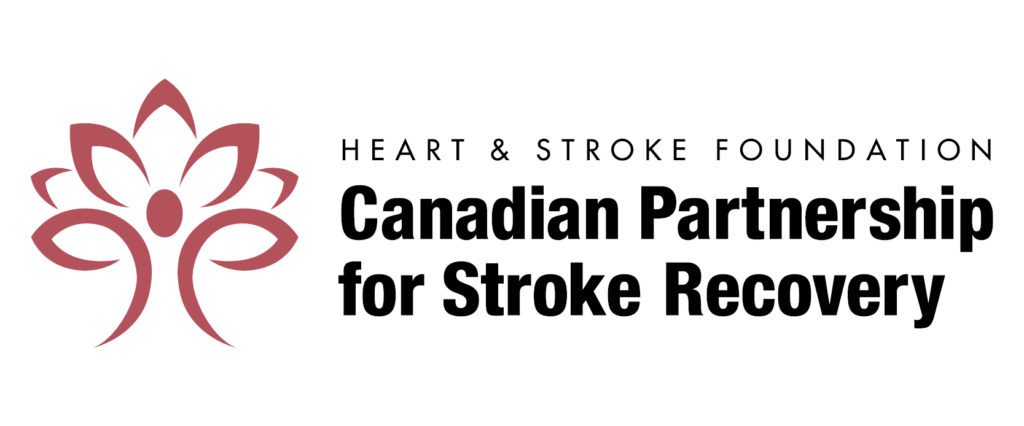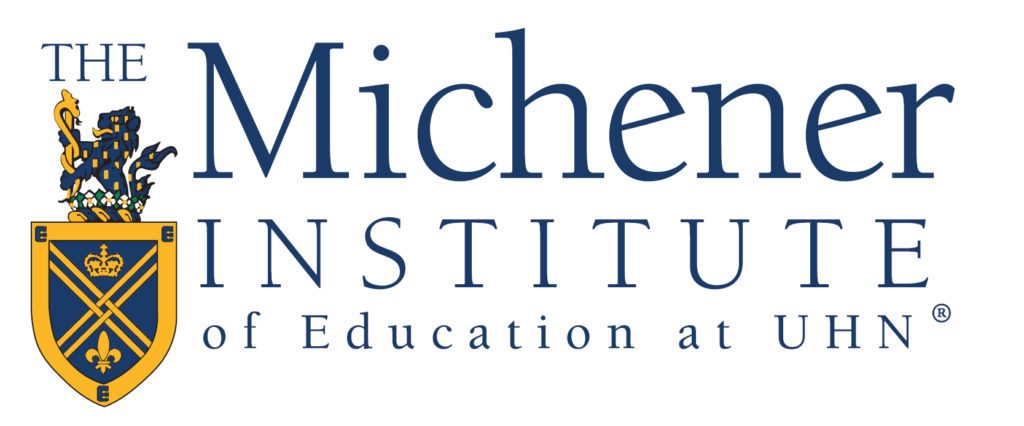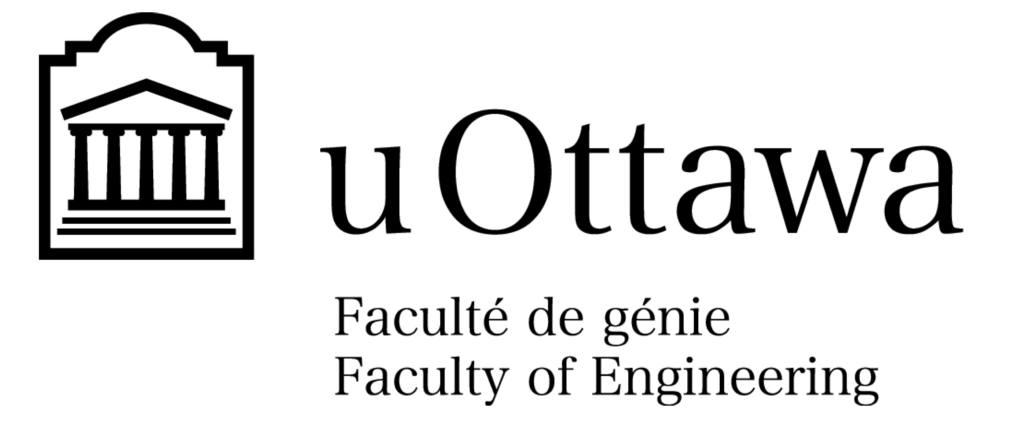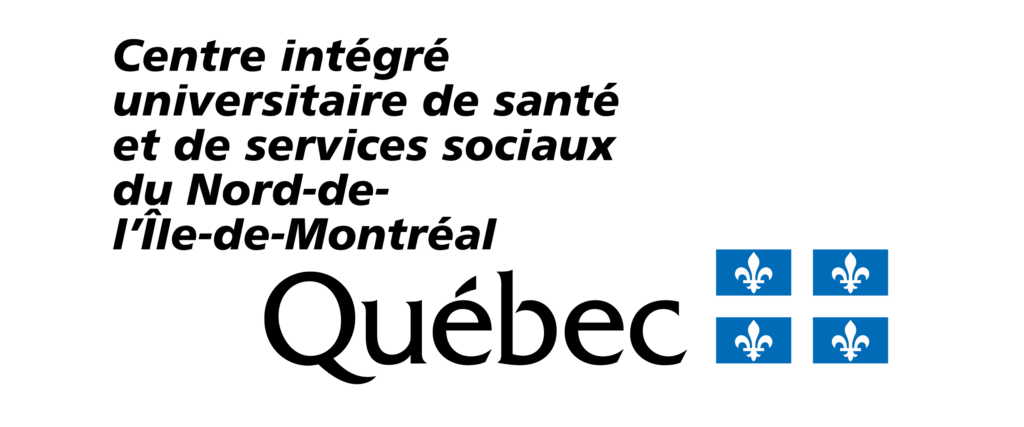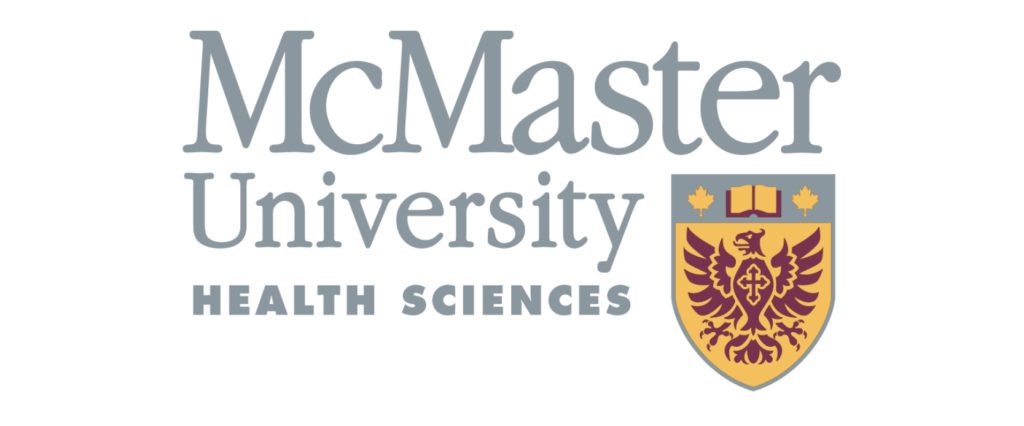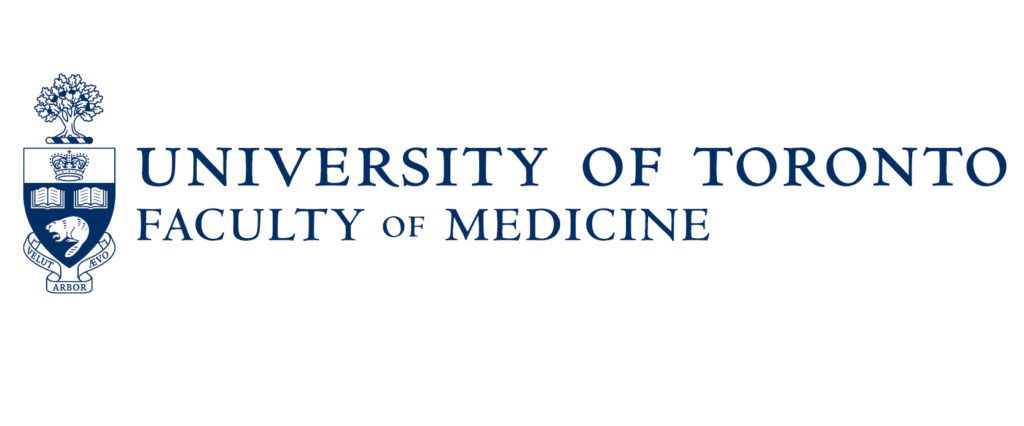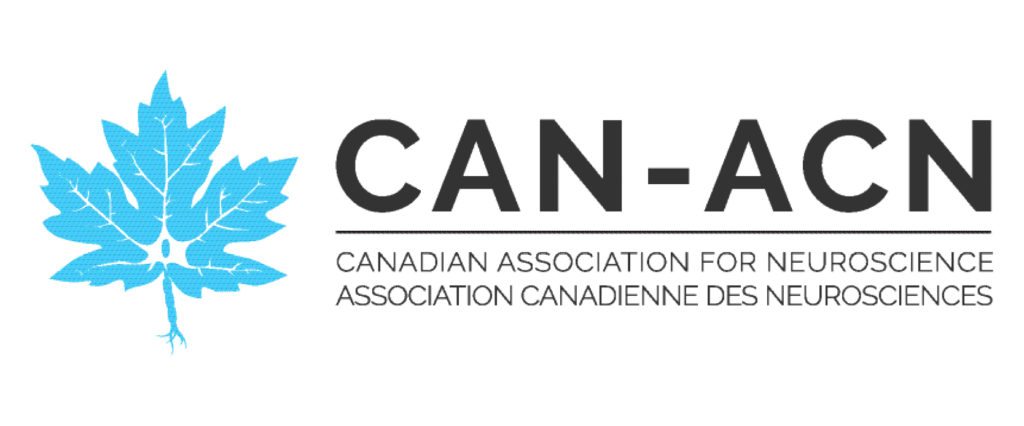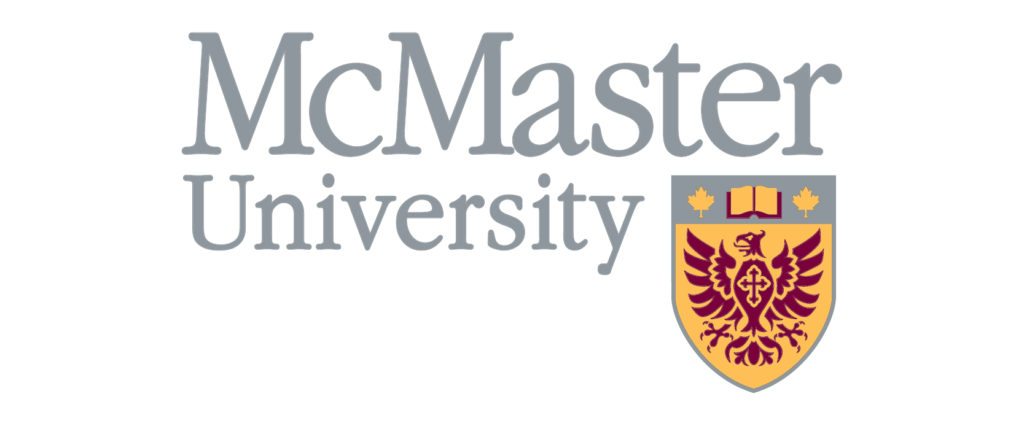Artificial Intelligence and Machine Learning: Reshaping Health Research and Innovation
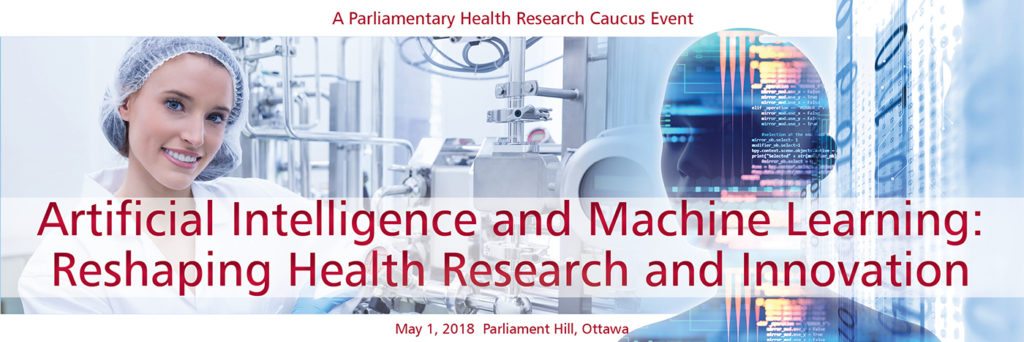
Tuesday, May 1, 2018 from 3:30 p.m. – 6:30 p.m.
Speaker’s Lounge, 216-N, Centre Block, Parliament Hill
This event is by Invitation only.
To see information and pictures from past events, see the Health Research Caucus section under ‘Advocacy’ in the navigation
Artificial Intelligence and Machine Learning: Reshaping Health Research and Innovation
Artificial intelligence (A.I.) is the science of building and programming a machine that’s able to imitate human cognition. Canada is home to some of the brightest minds in the field of artificial intelligence; it has been at the academic forefront of this field for over 30 years.
Artificial intelligence presents boundless opportunities to transform human health. Already, it’s aiding in the discovery of new drugs and helping to create better, faster medical diagnostics. It’s not difficult to imagine a time in the near future when A.I. is able to reliably predict and intercept disease before symptoms arise.
Theoretically, A.I. can take a person’s genome and recommend treatment options, while limiting or even eliminating side effects. A.I. can streamline drug development to be sure investigators study avenues which show the most promise and help identify previously undiscovered pathways that could lead to new treatments and therapies. The emergence and increasing use of artificial intelligence and robotics will have a significant impact on healthcare systems around the world.
Kiosks that will be featured at this event include:
- Improving Health and Patient Care
- Solving Genetic and Genomic Mysteries through Precision Medicine
- The Rehabilitative Potential of AI and Machine Learning
- AI and Machine Learning in Mental Health
Keynote Speaker
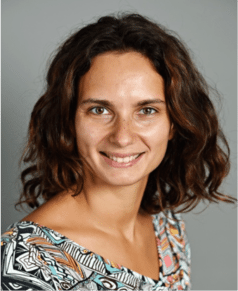
Anna Goldenberg, PhD
Scientist, Genetics and Genome Biology, SickKids Research Institute
Assistant Professor, Dept. of Computer Science, University of Toronto
Improving Health and Patient Care
- Masoom Haider, MD, FRCPC
- Doug Manuel, MD, MSc, FRCPC
- Parvin Mousavi, PhD
- Guillaume Paré, MD, M.Sc., FRCPC
- David Harris Smith, PhD, MFA
Masoom Haider, MD, FRCPC
Prof. of Radiology and Vice Chair Radiomics and Quantitative Imaging, University of Toronto
Senior Clinician Scientist, Lunenfeld Tanenbaum Research Institute
Dr. Masoom Haider is a Clinician Scientist and Professor of Radiology in the Department of Medical Imaging at the University of Toronto, Mount Sinai Hospital and Princess Margaret Cancer Center. He is using artificial intelligence to analyze MRI and CT scans to more precisely diagnose and determine best treatment in cancer patients. His lab has helped pioneer MRI techniques to diagnose prostate cancer which have helped avoid unnecessary treatment and painful biopsy in men.
Doug Manuel, MD, MSc, FRCPC
Senior Scientist, Ottawa Hospital Research Institute
Professor, Family Medicine and Epidemiology & Community Medicine, University of Ottawa
Dr. Doug Manuel creates predictive algorithms and planning tools using large linked administrative and clinical health data. He is a physician with specialization in Public Health and Preventive Medicine. His team’s predictive algorithms have been used worldwide by over 1 million people in the community and clinical setting, including at projectbiglife.ca. For over 25 years, he has been a primary care doctor in rural, remote and underserved Canadian communities.
Parvin Mousavi, PhD
Professor, School of Computing, Queen’s University
Dr. Parvin Mousavi is a Professor of Computer Science at Queen’s University, and a member of the Royal Society of Canada, College of New Scholars, Artists and Scientists. Her research interests are in machine learning for medical image processing and precision medicine, with applications in oncology, computer-assisted surgery, and neurology. Her new machine learning paradigm, “Temporal Enhanced Ultrasound”, is used for augmenting the detection of prostate cancer. With support from Canadian funding agencies, and with scientific and clinical collaborators, this technology is being tested in patients across North America.
Guillaume Paré, MD, M.Sc., FRCPC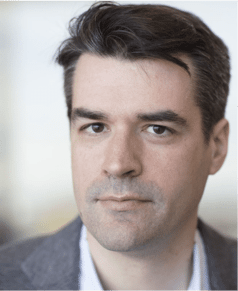
Canada Research Chair in Genetic and Molecular Epidemiology
Associate Professor, Pathology and Molecular Medicine, McMaster University
Dr. Guillaume Paré is a leading international clinician scientist in the area of genetic and molecular epidemiology of cardiovascular disease. His research focuses on discovering the genetic underpinnings of cardiometabolic diseases, such that individuals at risk of disease may be identified before symptoms are apparent, so early and effective preventative measures can be applied. Dr. Paré’s research implements multiple innovative genomic, proteomic, and bioinformatics approaches to identify high-risk patients, modifiable risk factors, and preventive therapies.
David Harris Smith, PhD, MFA
Associate Professor, Communications Studies & Multimedia, McMaster University
Director of Research, macGRID Simulation Research Network
Dr. David Harris Smith is an Associate Professor in the Department of Communication Studies and Multimedia at McMaster University and Director of Research for the macGRID Simulation Research Network. His current research involves the design and evaluation of social robotics and artificial intelligence applications for healthcare communication.
Solving Genetic and Genomic Mysteries through Precision Medicine
Alain Dagher, MD
Professor, Dept. of Neurology and Neurosurgery, McGill University
Attending Neurologist, Montréal Neurological Institute
Dr. Alain Dagher is a neurologist at the Montreal Neurological Institute and McGill University. He was trained at the University of Toronto, McGill, Cornell University, and Hammersmith Hospital, London. Dr. Dagher’s research uses anatomical and functional magnetic resonance imaging, positron emission tomography and transcranial magnetic stimulation to understand the human brain in health and disease. His research focuses on Parkinson’s disease, stress, addiction, gambling and obesity, as well as problem-solving, learning and experience of musical pleasure.
Anna Goldenberg, PhD
Scientist, Genetics and Genome Biology, SickKids Research Institute
Assistant Professor, Dept. of Computer Science, University of Toronto
Dr. Anna Goldenberg is a Scientist at the SickKids Research Institute, an Assistant Professor in the Department of Computer Science at the University of Toronto and faculty member at Vector. She is an expert in developing machine learning approaches for biological data, network methods and most recently, data integration of omics and clinical data. The current focus of her research is on developing methods that capture heterogeneity and identify disease mechanisms in complex human diseases.
François Laviolette, PhD
Professor, Department of Computer Science and Software Engineering, Laval University
Director, Big Data Research Centre
Dr. François Laviolette is the founding director of Laval University’s Big Data Research Centre. He is a leader in PAC-Bayesian theory, a branch of learning theory that provides a better understanding of existing learning algorithms and facilitates the process of designing new ones. Professor Laviolette has also acquired solid expertise in bioinformatics. Within this field, he has worked on interpretable artificial intelligence that has led to the discovery of valuable knowledge for new medical applications.
Mingkai Peng, PhD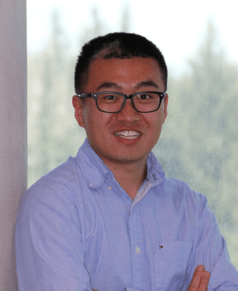
Adjunct Research Assistant Professor, Dept. of Community Health Sciences, University of Calgary
Dr. Mingkai Peng is a Research Assistant Professor in the Department of Community Health Sciences at the University of Calgary and a Data Scientist at the Libin Cardiovascular Institute of Alberta. He leads the health informatics section at the Method Hub in O’Brien Institute of Public Health. His research interests focus on the methodology development to enable the optimal use of administrative health data and electronic medical records, such as data quality assessment and improvement, and phenotyping algorithms development.
Hude Quan, PhD
Professor, Community Health Sciences, University of Calgary
Dr. Hude Quan is the Director of the World Health Organization Collaborating Centre in Classification, Terminology and Standards at the University of Calgary. Thomson Reuters listed him as one of the world’s highly cited researchers. Dr. Quan is developing and testing digital health informatics methodology and also applying the methodologies in precision health, health services and chronic disease surveillance and outcomes research.
The Rehabilitative Potential of AI and Machine Learning
Kimberley D. Adams, PhD, PEng, ATP
Associate Professor, Faculty of Rehabilitation Medicine, University of Alberta
Dr. Kimberley Adams is an Associate Professor with the Faculty of Rehabilitation Medicine, University of Alberta. She worked for 20 years in various countries in the area of assistive technology for people with disabilities before returning to academia. Her research interests include using assistive robots for children with physical impairments to engage in play and learning activities. In addition, she collaborates in the development of robots and alternative input methods to make them easier to use.
Randy McIntosh, PhD
Professor, Dept. of Psychology, University of Toronto
Senior Scientist, Rotman Research Institute, Baycrest Centre
Dr. Randy McIntosh is a senior scientist at Baycrest’s Rotman Research Institute, and a Professor of Psychology at the University of Toronto. He has a background in cognitive psychology and computational neuroscience. Dr. McIntosh’s research uses brain imaging data sets to construct computational models of brain health disease, using TheVirtualBrain (thevirtualbrain.org). The computer models are optimized with machine learning to fit an individual’s brain, driving the frontiers of personalized medicine.
Frank Rudzicz, PhD
Scientist, Toronto Rehabilitation Institute at UHN
Assistant Professor, Dept. of Computer Science, University of Toronto
Dr. Frank Rudzicz is a scientist at the University Health Network, an assistant professor of Computer Science at the University of Toronto, co-founder and President of WinterLight Labs Inc., and faculty member at the Vector Institute. His research is in machine learning, natural language processing, health informatics, and speech-language pathology. Dr. Rudzicz uses natural language processing to augment speech recognition, to design robots that engage in conversation, and to assess cognitive disorders, such as Alzheimer’s disease, by analyzing short samples of speech. He is currently commercializing several of these contributions.
AI and Machine Learning in Mental Health
Sean Hill, PhD
Director, Krembil Centre for Neuroinformatics at CAMH
Professor, Dept. of Psychiatry, University of Toronto
Dr. Sean Hill is the Director of the Krembil Centre for Neuroinformatics, Senior Scientist at the Centre for Addiction and Mental Health, and Professor at the University of Toronto. Dr. Hill is a computational neuroscientist with experience in building large-scale computational models of brain circuitry. The Centre will collaborate with clinicians and researchers, employing neuroinformatics, artificial intelligence, and multiscale modeling, to develop data-driven definitions of brain disorders, predict patient trajectories, and transform mental health care.
Natalia Jaworska, PhD
Director, Clinical Electrophysiology Laboratory, Institute of Mental Health Research
Assistant Professor (Research), Cellular & Molecular Medicine, University of Ottawa
Dr. Natalia Jaworska is Director of the Clinical Electrophysiology Laboratory at the Institute of Mental Health Research and Assistant Professor at the University of Ottawa. Her research centres on understanding the brain in mental illness using various imaging techniques, including EEG (brain wave activity) and magnetic resonance imaging (MRI). Currently, in partnership with a company (MYndAnalytics®), her lab hopes to minimize guess work in treating depression using patients’ EEG data and machine-learning to provide clinicians with antidepressant treatment recommendations.

